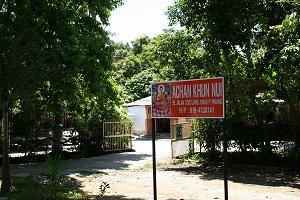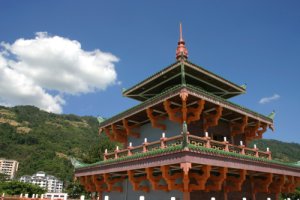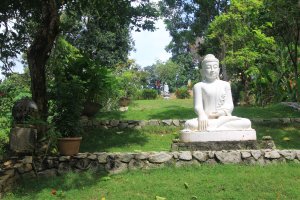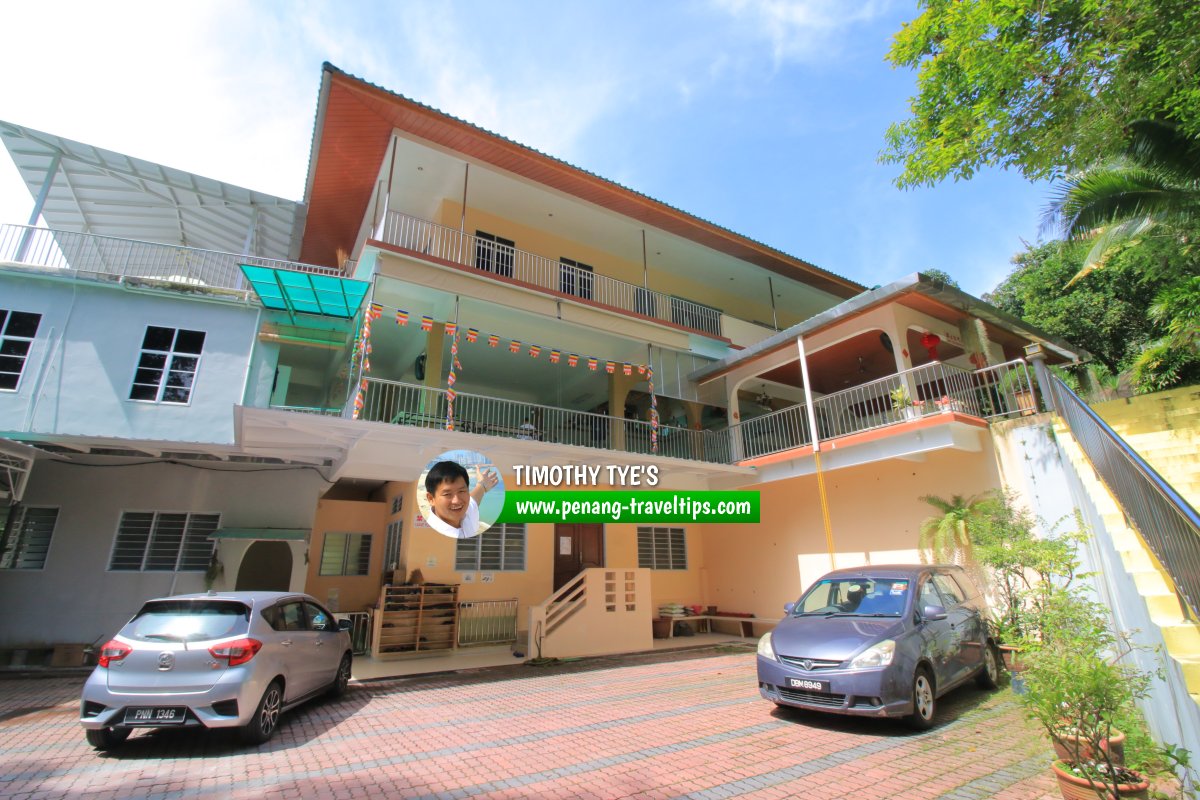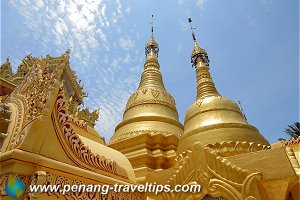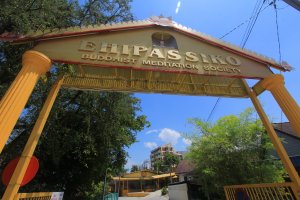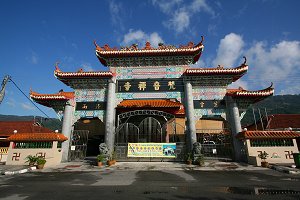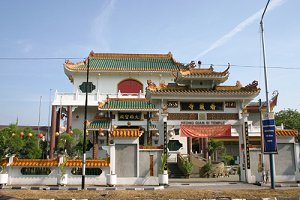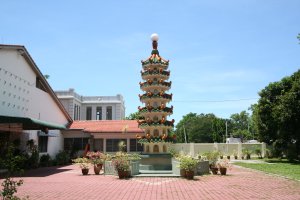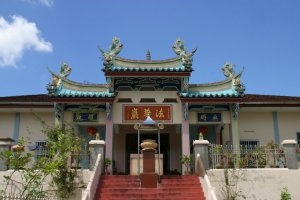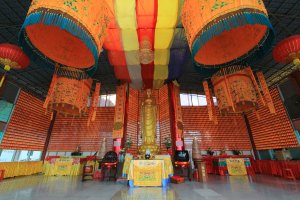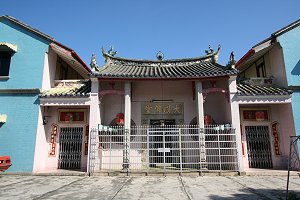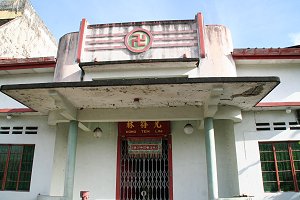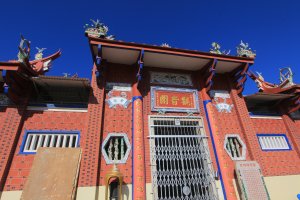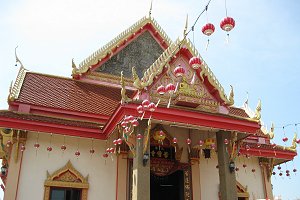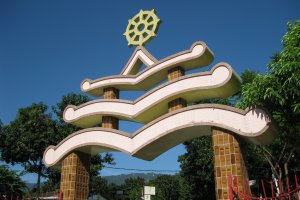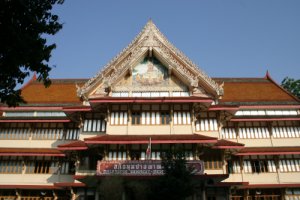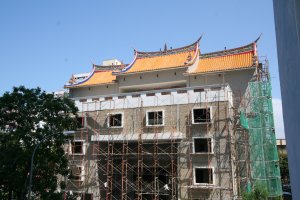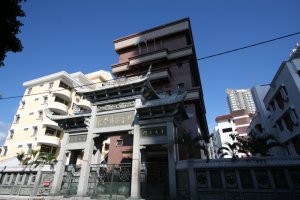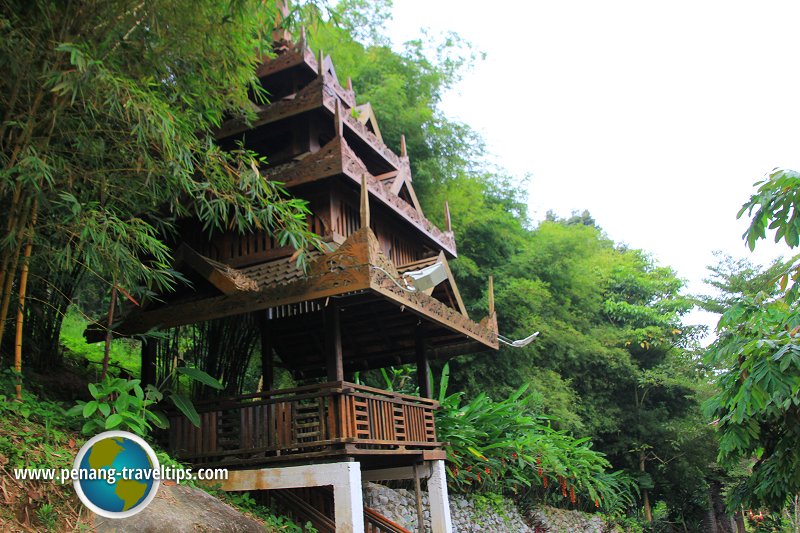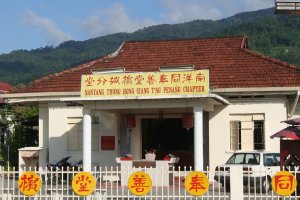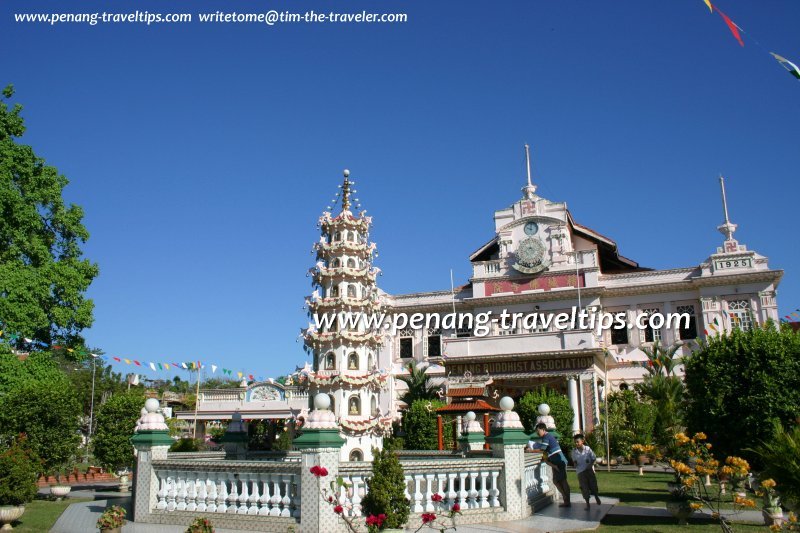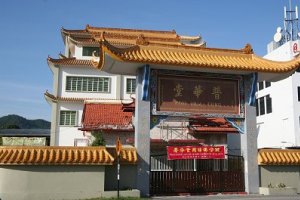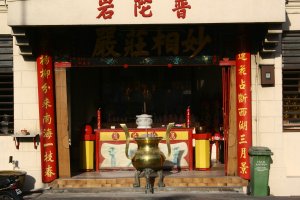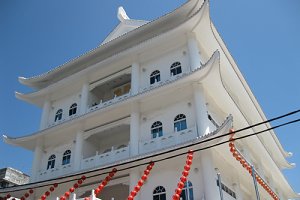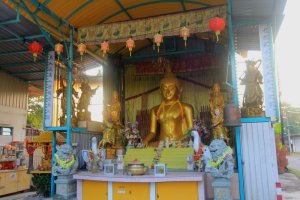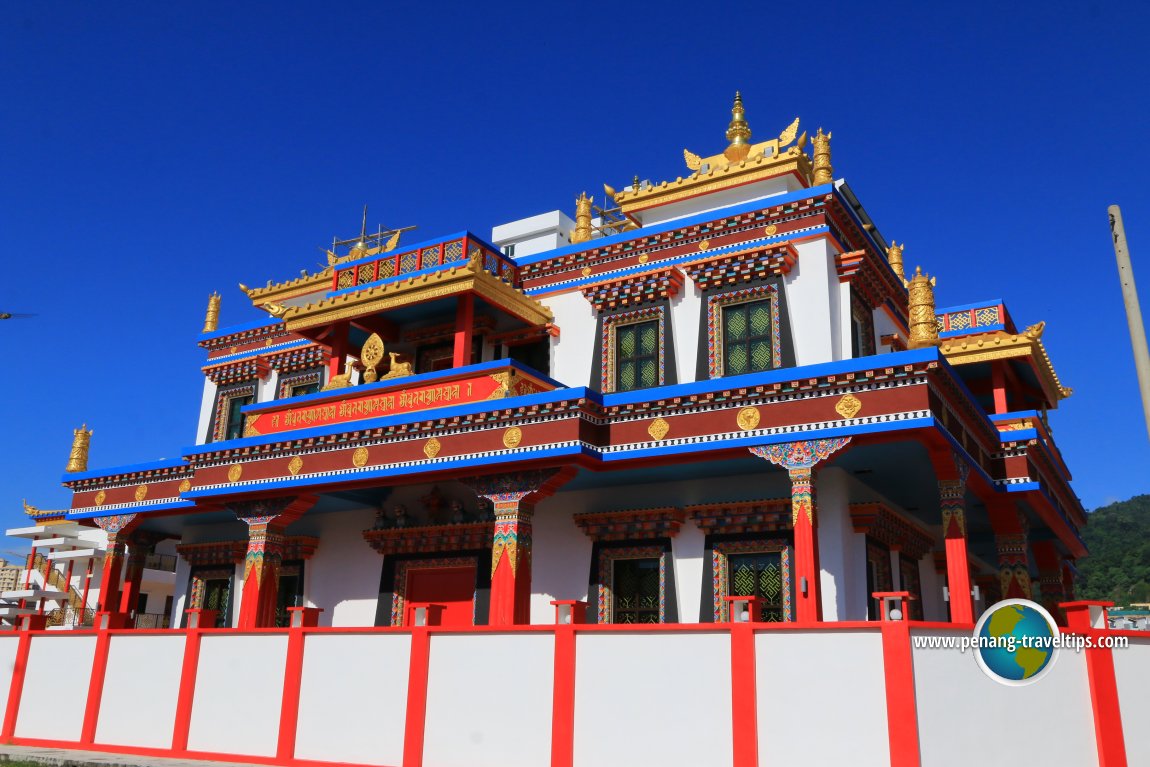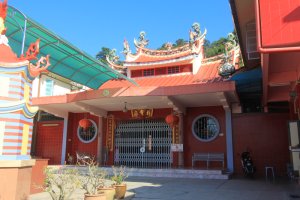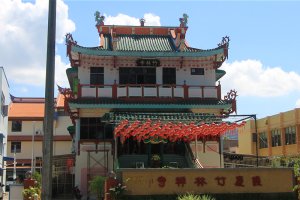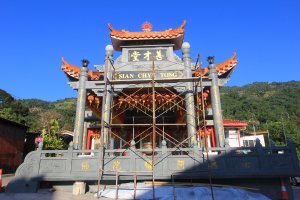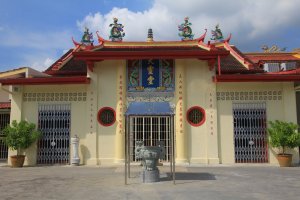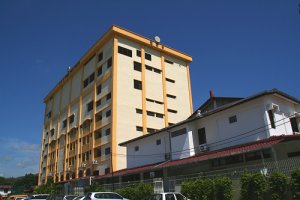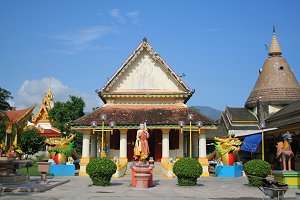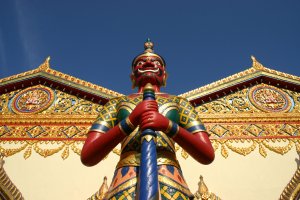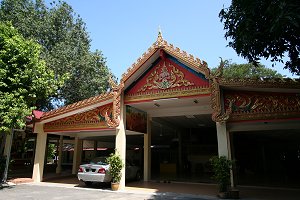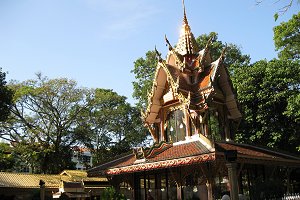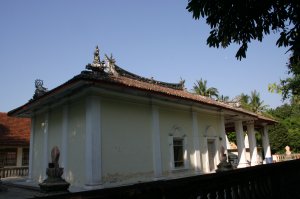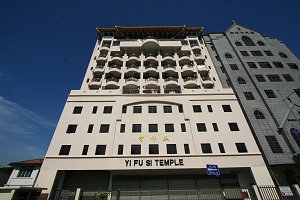Buddhist Temples in Penang
Penang Buddhist Temples are mostly of Thai or Burmese origin, although there are a number of Chinese inspired Buddhist religious institutions here. The Chinese Buddhist temples are likely to follow the precepts of Mahayana Buddhism while the Thai and Burmese temples follow Theravada Buddhism. The majority of the devotees are Chinese, although once a while, there is the odd Thai or Sri Lankan devotee at these temples. The common believer may call himself a Buddhist, but might not be able to differentiate Mahayana from Theravada.The origin of Mahayana Buddhism is unknown, given that it may have existed in or in similar form without a name for centuries. Scholars believe that the Mahayana way of Buddhism originated in India and spread to China when Mahayana Buddhist scriptures were brought there in the second century BC. It grew during the Gupta Dynasty, which ruled parts of northern India, eastern Pakistan, Bangladesh and western India, from 320 to 550 AD. It allows the religion to spread to Southeast Asia (the ruins at Borobudur and the Buddhist ruins at Angkor of the earlier periods are Mahayana). From Southeast Asia, Mahayana Buddhism to central Asia, China, Korea and Japan. Thus, the type of Buddhism followed by these countries today is Mahayana.
The Theravada form of Buddhism traces its roots to the Third Buddhist Council, which took place around 250 BC, during the reign of Emperor Asoka. It spreads south to Sri Lanka. Ruins in places like Anuradhapura in Sri Lanka shows Theravada Buddhism architecture at its earliest stage. From Sri Lanka, it spreads to Myanmar, Thailand, Laos and Cambodia. Temples in places like Bagan, Ayutthaya and Luang Prabang are all Theravada Buddhism, while in Angkor, there is a transition from Mahayana, which came earlier, to Theravada, which is the common practise in Cambodia today.
The majority of Buddhists in Penang are Chinese. The non-Christian Chinese layman might not be aware of the form of Buddhism he practises, and is as likely to visit a Thai Buddhist temple as well as a Chinese Buddhism monastery, and think nothing of dabbling in Taoism. Such is the case in Penang, as well as Malaysia on the whole, that a fusion of beliefs has taken root. Those who have professed the Christian faith will however have abandoned such practises.
Achan Khun Nui
DetailsBeow Hiang Lim Temple
DetailsBodhi Heart Sanctuary
DetailsDhammavana Meditation Centre
DetailsDhammikarama Burmese Temple
DetailsEhipassiko Buddhist Meditation Society
DetailsFanyin Meditation Centre
DetailsHeong Giam Si Temple
DetailsHong Chuan Buddhist Institute
DetailsHuat Huah Liam Temple
DetailsJinggangshan Penang Hill Temple
DetailsKek Lok Hiang
DetailsKong Teik Lim Temple
DetailsKuan Im Kok Temple
DetailsKu Cheng Tse Temple
DetailsMahindarama Buddhist Temple
DetailsMalaysian Buddhist Meditation Centre
DetailsMedicine Buddha Shrine Hall
DetailsMiao Xiang Lin Buddhist Institute
DetailsNandaka Vihara Buddhist Monastery
DetailsNanyang Thong Hong Siang T'ng Penang Chapter
DetailsPenang Buddhist Association
DetailsPoh Hua Tong
DetailsPhu Thor Yen Temple
DetailsPersatuan Perkembangan Ajaran Dewi Kuan Yin Pulau Pinang
DetailsPu Xian Temple
DetailsSeong Woon Aum Temple
DetailsShuang Qing Zhu Lin Si Vihara
DetailsSian Chye Tong Temple
DetailsTean Ling Tong Temple
DetailsThan Hsiang Temple
DetailsWat Buppharam
DetailsWat Chaiyamangkalaram
DetailsWat Nai
DetailsWat Photichareantham
DetailsWat Pinbang Onn
DetailsYi Fu Si Temple
DetailsAddresses of more Buddhist temples and related associations
Paramita Buddhist Association
Lorong Maju Jaya 1
14000 Bukit Mertajam, Penang
Phone: 012 488 7900
List of Buddhist Temples in Malaysia

Copyright © 2003-2025 Timothy Tye. All Rights Reserved.

 Go Back
Go Back